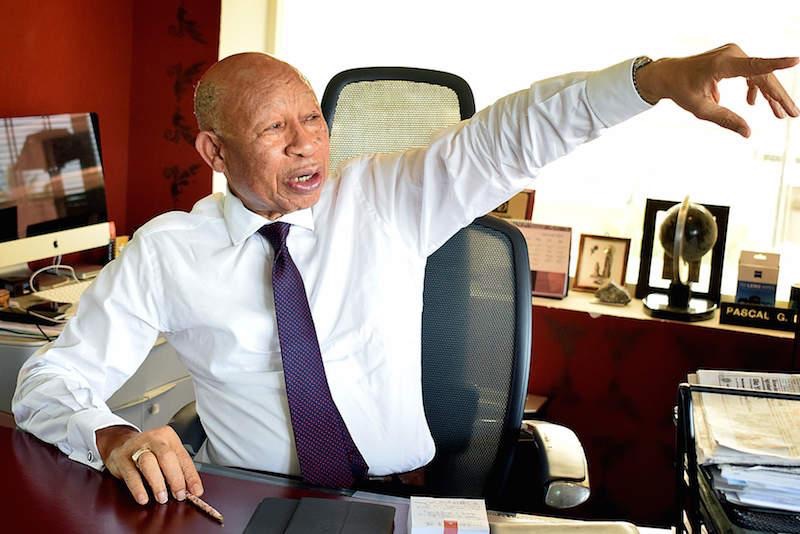Nigerian President Bola Tinubu is embarking on a two-week working visit to France, described by his administration as a “retreat” aimed at reflecting on the country’s progress and challenges under his leadership. While Tinubu’s trip might appear unconventional, it signals a moment of self-assessment for Nigeria as it navigates complex regional and global dynamics.
This visit is happening against a backdrop of significant geopolitical developments. Foreign ministers from junta-led nations—Mali, Niger, and Burkina Faso—are currently in Moscow, forging stronger ties with Russia. This trio of nations, which have distanced themselves from the West-backed regional bloc ECOWAS, are advocating for an alternative to Western alliances. Tinubu, as the current chair of ECOWAS, finds himself walking a tightrope between Nigeria’s position as a Western ally and the shifting allegiances within the Sahel region.
France, a country Tinubu has frequented, serves as an intriguing choice for his retreat. France itself has faced declining influence in West Africa, recently ousted from several nations in the region. Tinubu’s visit, therefore, is not just introspective—it is also emblematic of the challenges and opportunities facing Nigeria in its role as a regional leader.
These simultaneous visits underscore a critical question: how will Nigeria position itself amid these evolving dynamics? For Tinubu, his time in France offers not only a chance for reflection but also an opportunity to recalibrate Nigeria’s strategic interests in a rapidly changing world.





